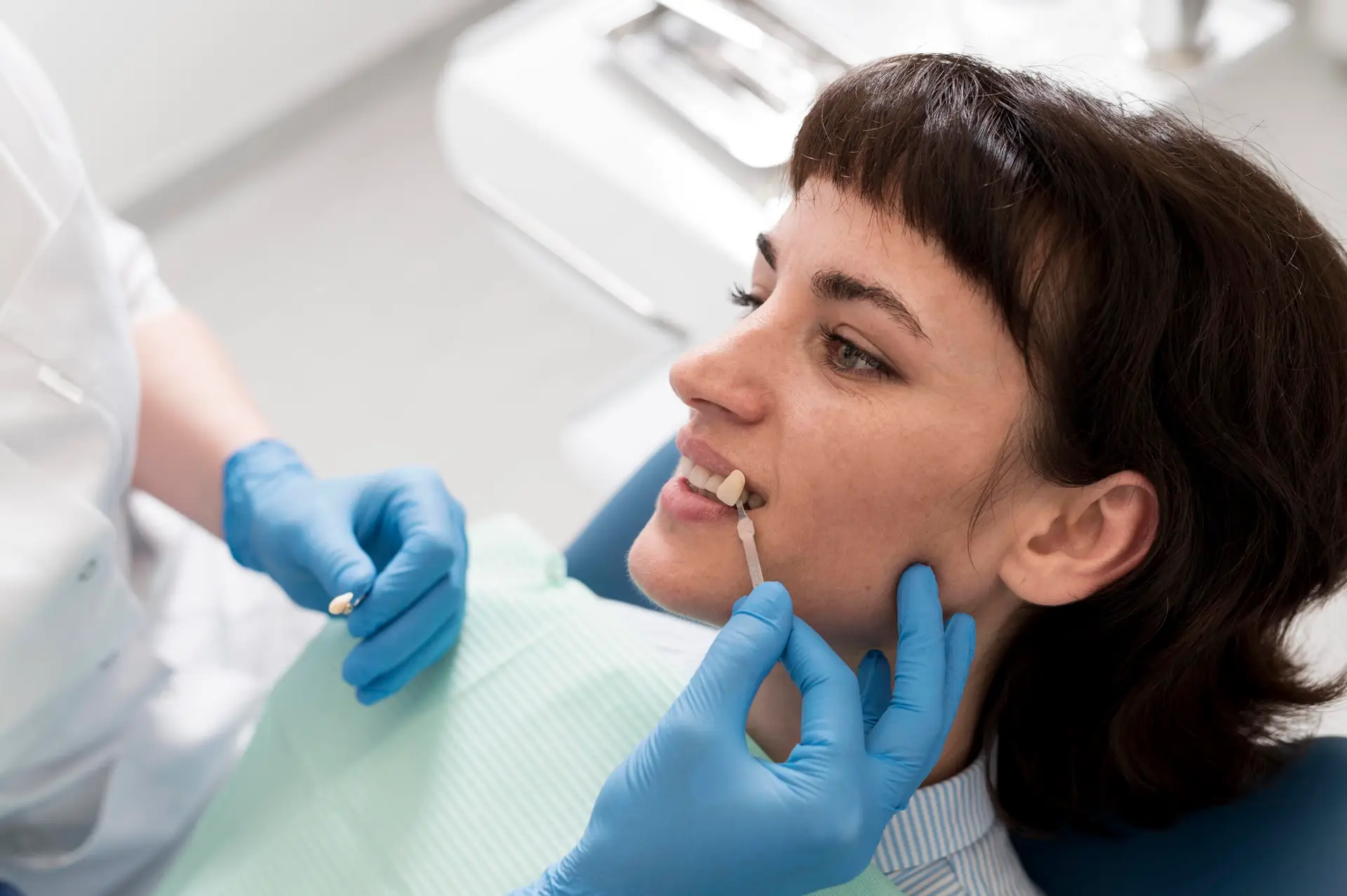Understanding Gum Surgery for Better Dental Health
With our advanced gum surgery, treat gum issues effectively and get healthier gums and a stronger smile.
Gum Surgery: Restoring Health to Your Smile
Periodontal surgery (gum surgery) is a dental surgery intended to remove gum disease and restore your gums’ health and appearance. As a complete solution to people with serious gum problems that can’t be effectively treated using non surgical methods.

What Is Gum Surgery?
Gum surgery is surgery intended to repair issues with gum infections, receding gums, too much or too little gum tissue. This may include recontouring the gum line, removing infected tissue or prompting the regrowth of lost bone and tissue around teeth.
When Should You Consider Gum Surgery?
Gum surgery is recommended when:
- You have advanced gum disease (periodontitis) causing bone loss.
- Your gums are receding, exposing tooth roots.
- There’s an overgrowth of gum tissue affecting aesthetics or oral hygiene.
- You need to prepare for dental implants or other restorative procedures.
Who Can Undergo Gum Surgery?
Most individuals with healthy overall conditions but severe gum issues are candidates. Your dentist will evaluate your:
- Gum and bone health.
- Medical history to rule out risks like uncontrolled diabetes.
- Oral hygiene habits for post-surgery care.
Types of Gum Surgery
- Flap Surgery (Pocket Reduction): Removes bacteria and reduces the depth of gum pockets.
- Gum Grafting: Repairs receding gums by using tissue from another area of your mouth.
- Crown Lengthening: Removes excess gum tissue for aesthetic or restorative purposes.
- Bone Grafting: Rebuilds bone lost due to gum disease.
Benefits of Gum Surgery
- Improved Oral Health: Eliminates infection and prevents further damage.
- Enhanced Aesthetics: Restores a balanced gum line for a better smile.
- Preservation of Teeth: Strengthens support for teeth, reducing the risk of tooth loss.
- Prepares for Future Treatments: Creates a stable foundation for implants or crowns.
The Gum Surgery Process
- Diagnosis: Examination and X-rays to assess gum and bone condition.
- Procedure: Performed under local anesthesia with minimal discomfort.
- Healing: Recovery takes a few weeks, during which gums heal and regenerate.
Post-Surgery Care Tips
- Follow your dentist’s instructions for cleaning and care.
- Avoid smoking, which can delay healing.
- Eat soft, nutritious foods to support recovery.
- Attend follow-up visits to monitor progress.
Common Myths About Gum Surgery
- It’s very painful: Modern techniques and anesthesia ensure comfort during and after the procedure.
- It’s only cosmetic: While it can improve aesthetics, gum surgery primarily addresses serious health issues.
- It’s unnecessary: Untreated gum disease can lead to tooth loss and systemic health problems.
Gum surgery is a transformative step toward better oral health, offering both therapeutic and cosmetic benefits. Consult your dentist to discuss your concerns and take the first step toward a healthier, more confident smile.
Other Services
Explore our wide range of specialized dental care services tailored to meet all your oral health needs.

